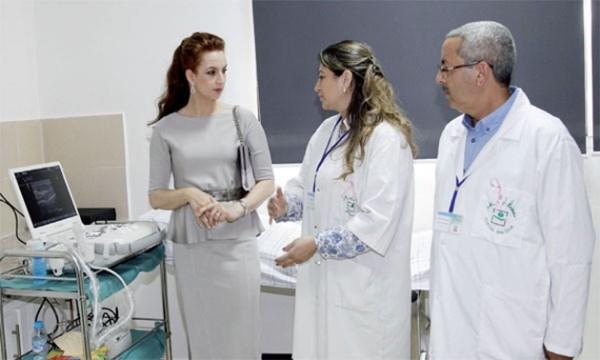
Demystifying Cancer in Morocco
is one of the most feared diseases that a person may face. Globally, more than 14 million cancer cases are now diagnosed each year. The Moroccan recently released data on cancer in the kingdom. Nearly 40,000 Moroccans are diagnosed with each year. Breast cancer is the most common form of cancer in Moroccan women, accounting for 36 percent of all female cancer cases.
Rural Morocco, like rural America, faces the challenge of adequate medical care to diagnose and treat cancer. A Centers for Disease Control (CDC) study released this past July indicated a slower reduction in cancer death rates in rural America compared with urban America. In discussing cancer with my Moroccan neighbors during my Peace Corps service I found a modest degree of apathy and resignation toward the illness; perhaps a byproduct of the mystery that still surrounds the disease and the complicated nature of diagnosing and treating it. Moroccans, like Americans, place great importance in religious faith and spirituality to provide strength during medical crises and treatments. Faith is a powerful ally when confronting disease and should not be seen as a death sentence.Three key facts about cancer that help demystify the disease:
In 1971, President Nixon signed the National Cancer Act which better organized and funded federal resources to combat the disease—the War on Cancer. It also helped remove the stigma for those dealing with cancer. Patient empowerment is an important part of the treatment process. Just as it should be in Morocco.
The views and opinions expressed in this article are those of the author and do not represent any institution or entity.© Morocco World News. All Rights Reserved. This material may not be published, rewritten or redistributed without permission.

Legal Disclaimer:
MENAFN provides the
information “as is” without warranty of any kind. We do not accept
any responsibility or liability for the accuracy, content, images,
videos, licenses, completeness, legality, or reliability of the information
contained in this article. If you have any complaints or copyright
issues related to this article, kindly contact the provider above.


















Comments
No comment